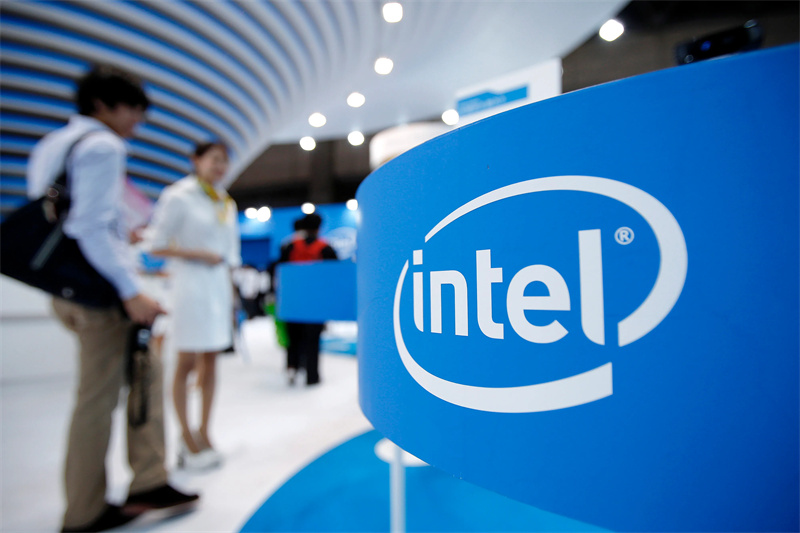Japan's National Institute of Advanced Industrial Science and Technology (AIST) and U.S. chipmaker Intel have announced plans to jointly establish a semiconductor research center in Japan, with an estimated investment of JPY 100 billion (approximately USD 700 million). Scheduled to open by 2027, the facility will feature state-of-the-art extreme ultraviolet (EUV) lithography technology, essential for producing advanced semiconductors at scales of 5 nanometers and below.
This new research hub will allow multiple industry players to access EUV equipment for prototyping and testing, marking the first time in Japan that such a facility will be available to various businesses on a shared basis. As a result, domestic semiconductor developers can reduce their reliance on overseas facilities, such as Belgium’s Imec, which has previously been a go-to resource for EUV-related development.
Managed by AIST under Japan's Ministry of Economy, Trade, and Industry (METI), the center will benefit from Intel's deep expertise in EUV-based chip manufacturing, enhancing Japan's semiconductor ecosystem and strengthening Intel's ties with key Japanese suppliers, including Lasertec and JSR. Lasertec currently holds a strong position in EUV inspection equipment, while JSR provides essential photosensitive materials for circuit formation on silicon wafers.

Given that each EUV lithography machine from Dutch supplier ASML costs approximately 40 billion yen (USD 273 million), the new center will alleviate the financial burden on Japanese equipment and materials manufacturers by providing access to this expensive technology within Japan.

The center is expected to contribute significantly to Japan's goal of fostering domestic semiconductor development amid escalating U.S.-China tensions and tightened export controls on semiconductor technologies.
+86 191 9627 2716
+86 181 7379 0595
8:30 a.m. to 5:30 p.m., Monday to Friday
